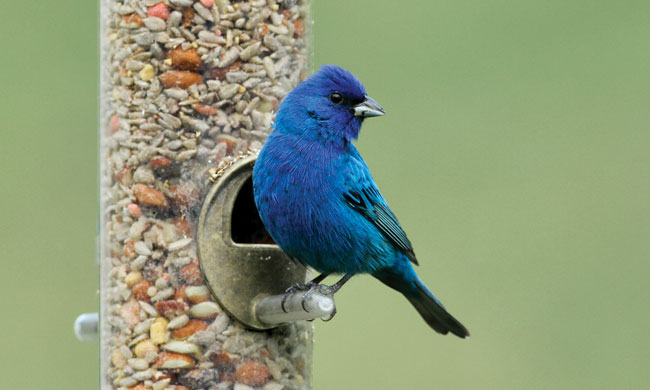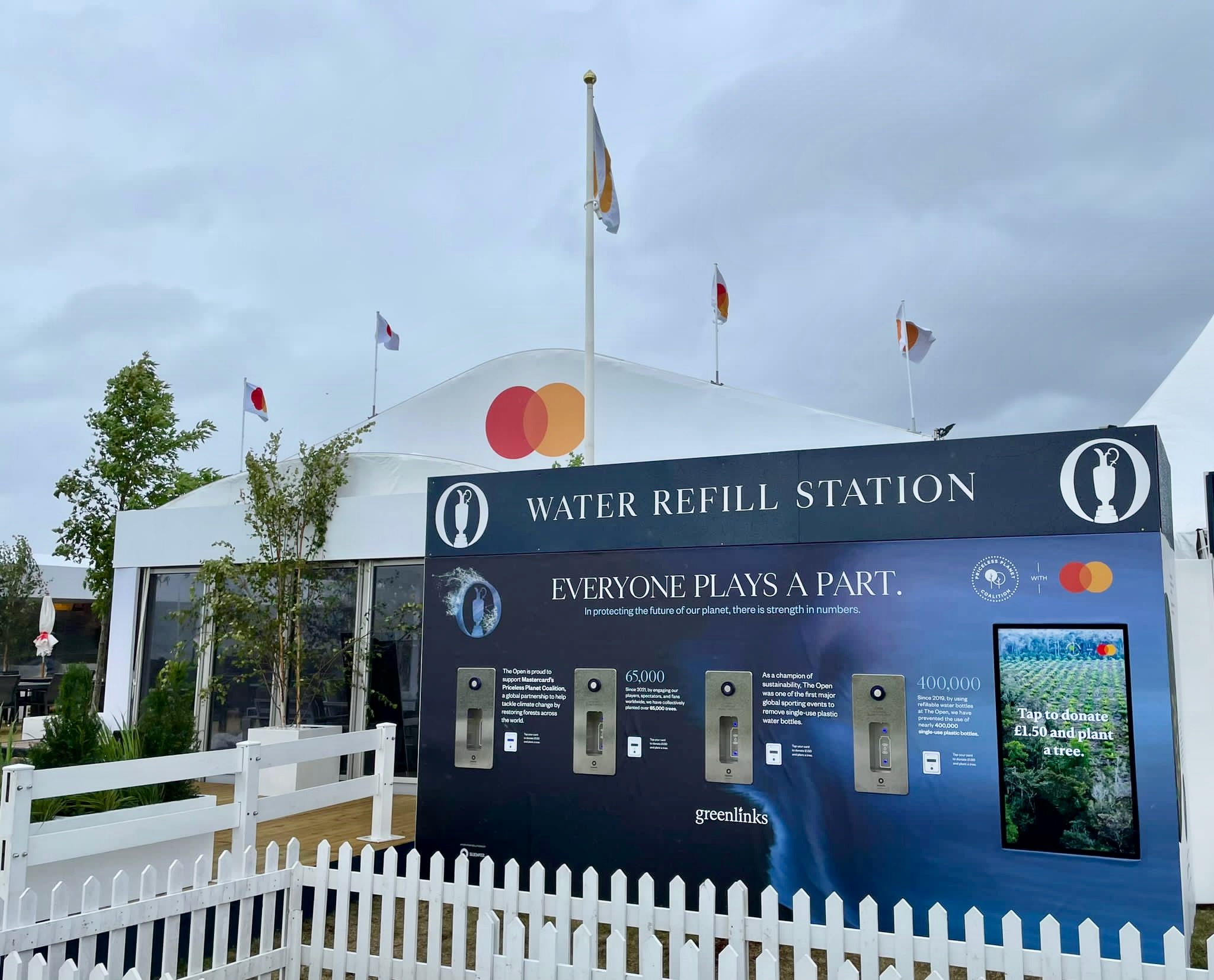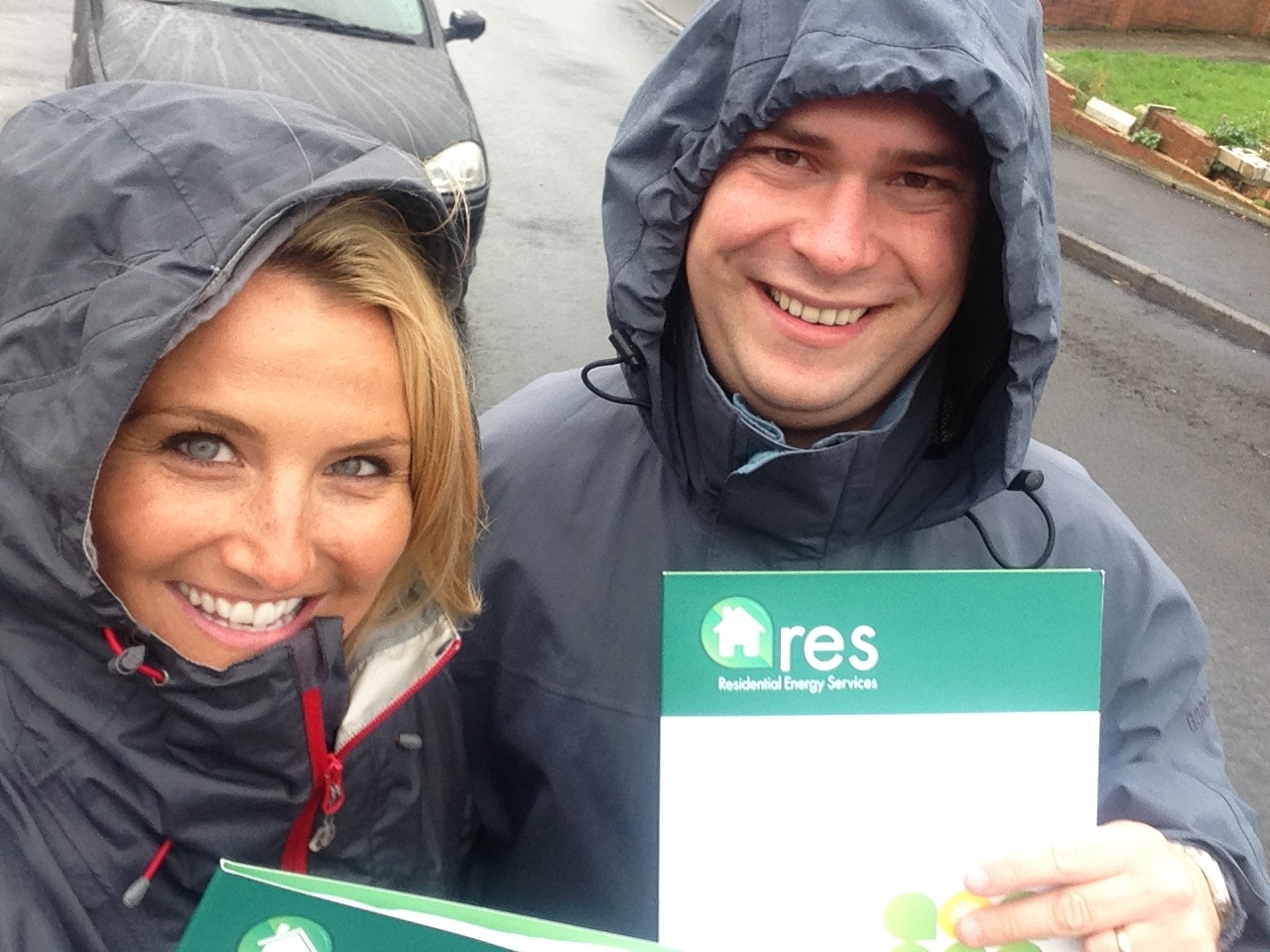In the United States, bird feeding has become a popular practice, engaging over 59 million Americans, as reported by the U.S. Fish & Wildlife Service. Besides offering aesthetic and recreational benefits, bird feeding plays a crucial role in positively impacting bird populations.
According to the National Audubon Society, birds play significant roles in ecosystem services, such as pollination, pest control, and seed dispersal. A study published in “Science” reveals that approximately 87% of flowering plants depend on animal pollinators, including birds, for reproduction and growth. Additionally, birds play a vital role in maintaining biodiversity by consuming fruits and berries and spreading the seeds, facilitating the growth of new plants.
Birds are considered reliable indicators of ecosystem health, and changes in their populations and behaviors can signal environmental shifts like pollution, habitat loss, and climate change. As climate change alters temperatures, weather patterns, and ecosystems, the availability of food for birds may be affected, influencing their behaviors.
Feeding birds in our backyards can be a beneficial practice to help them cope with the challenges posed by climate change. Here are some benefits:
- Supplemental Food: Bird feeders provide a supplementary food source for birds during times when natural food may be scarce due to prolonged droughts or severe storms. Bird feeding can help maintain birds’ energy levels, especially during critical periods like breeding and migration when their nutritional needs are heightened.
- Range Shifts: Climate change can lead to shifts in the distribution and abundance of bird species. Bird feeders can serve as “refuges” for birds, offering reliable food sources as they search for suitable habitats during their movements.
- Behavioral Adaptations: Changes in the timing of insect hatching or plant flowering, prompted by climate shifts, can impact the availability of natural food sources for birds. Bird feeders act as a bridge during such gaps, providing a stable food source when traditional sources are disrupted.
Feeders: To attract a diverse range of bird species, it’s essential to offer quality feed in various bird feeder types placed at different heights.
- Traditional Tube Feeders: These versatile feeders work well for finches, nuthatches, and small birds that cling. Opt for state-of-the-art materials to prevent warping and discoloration, and consider feeders with quick-clean removable bases for easy maintenance.
- Bowl Feeders: These feeders are suitable for seeds, dried mealworms, fruit, and suet in cake or kibble form. Look for options with adjustable dome covers to protect from rain and deter larger birds and squirrels.
Popular Foods: Offering a variety of foods is essential for attracting different bird species to your backyard:
- Birdseed: Choose quality blends without filler seeds, containing no chemicals or mineral oil, to appeal to birds. Consider specially formulated options like all-natural black oil sunflower, sunflower meats infused with habanero chile peppers, or a Special Feeder blend packed with nutritious ingredients.
- Dried Mealworms: A preferred food for adult songbirds, dried mealworms are rich in energy, essential nutrients, fats, and proteins.
- Fresh Fruit: Favorites for orioles and tanagers include apple and orange halves and chunks of banana.
- No-Melt Suet: High-fat food perfect for insect-eating birds, providing abundant calories and rich nutrition.
Remember, birds need water just like humans do. Providing water sources for birds helps regulate their body processes, improves metabolism, and maintains their health. Water is essential for preening and bathing, and it helps birds stay cool on hot days.
Support our avian friends and their survival in the face of climate change by creating a bird-friendly environment in your backyard. Explore more solutions to attract birds at ColesWildBird.com.






